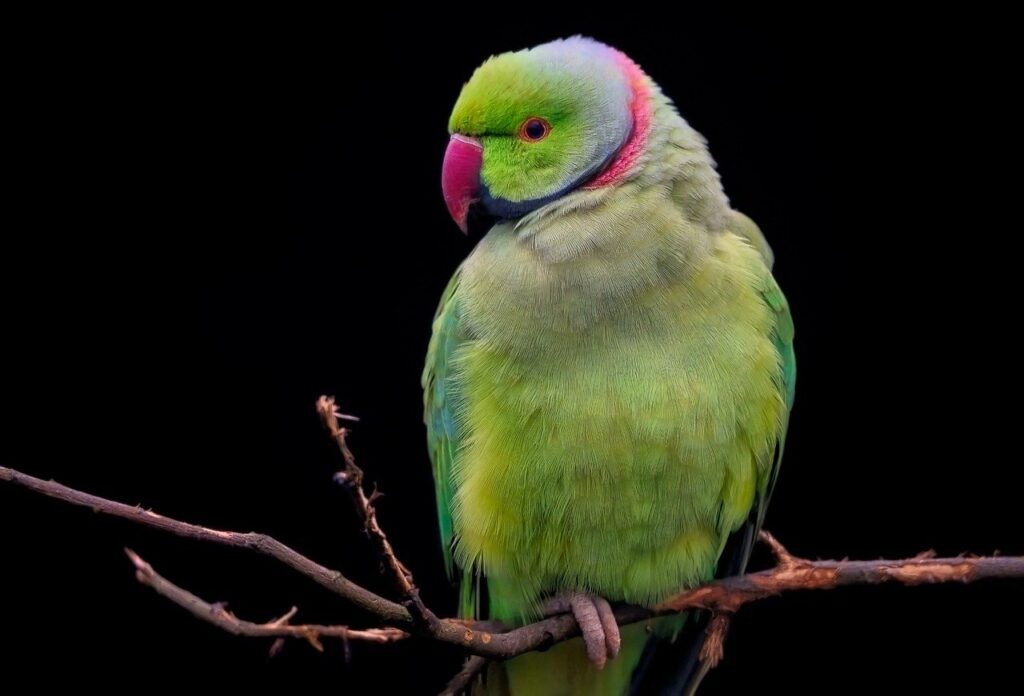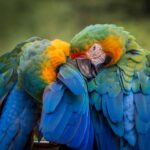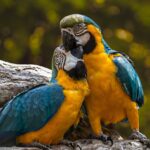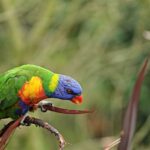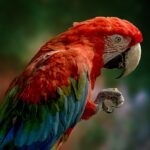Can Parrots Eat Cucumber – A Detailed Guide
Parrots, those colorful and intelligent creatures, often captivate us with their distinct personalities and unique dietary preferences. As a responsible parrot owner, you may wonder if it is safe to offer cucumber to your feathered friend. In this blog post, we will explore the suitability of cucumber for parrots, discussing its advantages, recommended quantity, potential cautions, and other aspects you should consider. Read on to discover whether cucumber can be a healthy addition to your parrot’s diet!
The Health Boosts of Cucumber for Parrots
Cucumber, composed mainly of water and low in calories, can provide numerous health benefits to your beloved parrot. Firstly, it offers hydration, promoting overall well-being and aiding in maintaining optimal body functions. Moreover, cucumbers are rich in vitamins and minerals, including vitamin K, vitamin C, and potassium. These essential nutrients contribute to a strengthened immune system, healthy feather growth, and improved digestion. By incorporating cucumbers into your parrot’s diet, you can contribute to their overall health and vitality.
The Hydration Power of Cucumbers
Including cucumbers in your parrot’s diet can significantly contribute to their hydration needs. Given that parrots are tropical birds, originating from lush rainforests, their bodies are adapted to consuming foods with high water content. Cucumbers, consisting of approximately 95% water, can help keep your parrot hydrated, preventing issues related to dehydration.
Nutritional Value of Cucumbers
Cucumbers contain an array of vital nutrients that can positively impact your parrot’s health. For instance, vitamin K plays a crucial role in blood clotting and bone health, while vitamin C strengthens the immune system and aids in collagen production. Additionally, potassium is essential for maintaining proper heart function and regulating blood pressure. By incorporating cucumber into your parrot’s diet, you can ensure they receive these nutritional benefits.
Recommended Quantity and Frequency
While cucumber holds various health benefits for parrots, it’s important to offer it in moderation. As with any food, maintaining a balanced diet is crucial for your pet’s overall well-being. Experts recommend incorporating cucumber into your parrot’s diet as an occasional treat, rather than a staple food. One to two small slices of cucumber, offered once or twice a week, should suffice to add variety to their diet without excessive intake.
Considerations and Precautions when Feeding Cucumber to Parrots
Although cucumber is generally safe for parrots, a few precautions should be considered. Firstly, always ensure the cucumber is fresh, ripe, and thoroughly washed to eliminate any potential pesticide residue. Additionally, remove the seeds and peel before offering it to your parrot, as cucumber skin and seeds may be harder to digest for some birds. Lastly, observe your parrot’s response to cucumber initially, as individual parrots may have specific dietary sensitivities or preferences.
Other Pets that Can Enjoy Cucumber
Cucumbers are not only safe for parrots but can also be included in the diets of several other pets. Rabbits, guinea pigs, and other small mammals can benefit from the high water content and nutritional value of cucumbers. Similarly, some reptiles, such as tortoises and iguanas, can enjoy cucumber slices as part of their balanced diet. Always consult with a veterinarian or do thorough research to ensure cucumbers are suitable for your specific pet.
Conclusion
In conclusion, cucumbers can be a safe and healthy addition to your parrot’s diet. By offering cucumbers in moderation, you can provide hydration, essential nutrients, and added variety to your parrot’s meals. However, remember to follow the recommended feeding guidelines and take necessary precautions, such as removing seeds and peels, to ensure your parrot’s digestive system remains happy and healthy. As a responsible pet owner, providing a diverse and balanced diet is essential for your parrot’s overall well-being.

